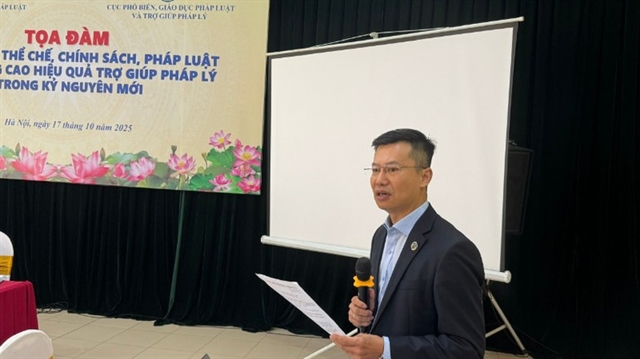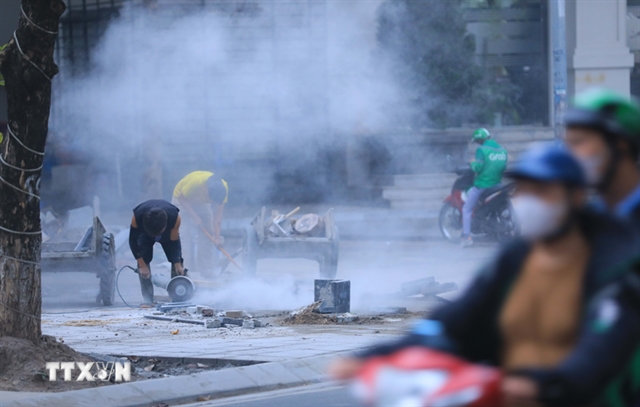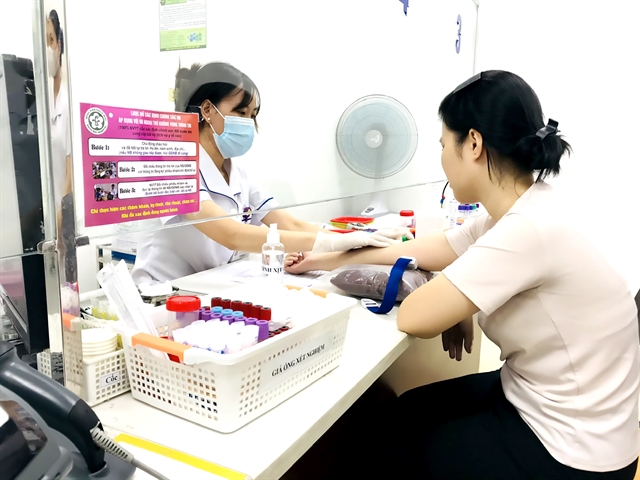 Society
Society
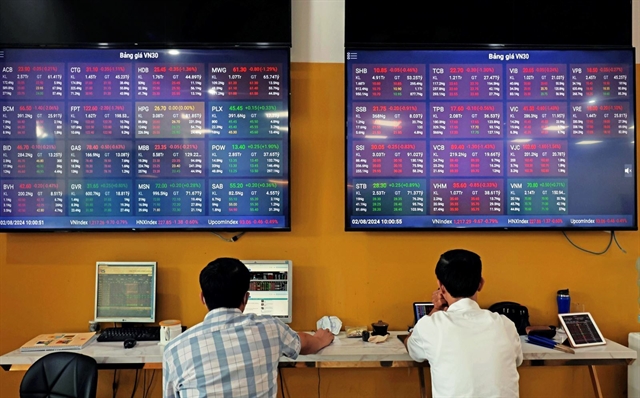
After 10 years of implementation, the northern mountainous province of Cao Bằng has gained a number of achievements in its New Rural Development Programme.
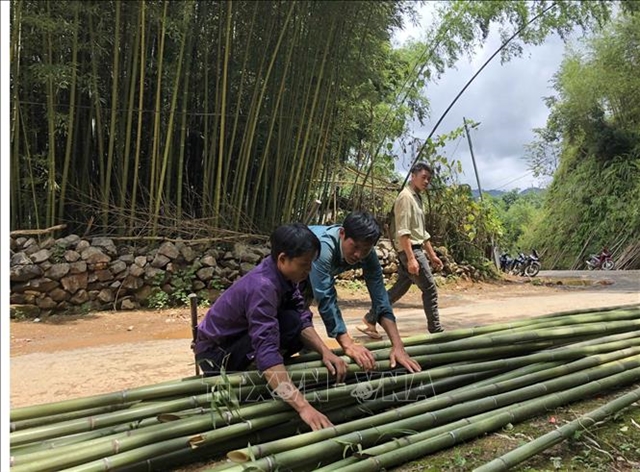
|
| Bamboo plantation is one of the effective businesses of people in Cao Bằng Province. —VNA/VNS Photo Chu Hiệu |
CAO BẰNG — After 10 years of implementation, the northern mountainous province of Cao Bằng has gained a number of achievements in its New Rural Development Programme.
The province now has 17 communes reaching the new rural area criteria.
The programme has breathed new life into many poor villages and communes in Cao Bằng Province, bringing improvement to local people’s lives.
Participating in the programme, Chu Văn Trường's family in Huy Giáp Commune of Bảo Lạc District has become one of the leading households in the application of science and technology in bamboo tree production.
Realising the economic efficiency brought about by bamboo, Trường and his family members registered for training courses on bamboo planting techniques and invested in 12ha of bamboo.
Every year, Trường earns over VNĐ400 million (US$17,300) and creates jobs for 20 local labourers.
For Nông Hứa Vĩ’s family in Chu Trinh Commune of Cao Bang city, the new rural development programme had changed the awareness of the family members.
Recognising the purpose of the new rural development programme, Vĩ's family voluntarily donated more than 2,000 sq.m of cultivated land to build roads.
“I donated lands for building roads because I knew when the road was completed, my family and people in the commune could travel more conveniently, creating conditions for economic development,” Vĩ said.
After 10 years, Huy Giáp Commune of Bảo Lạc District completed the new rural criteria last year.
Lương Văn Mão, chairman of Huy Giáp Commune, said: “With a low starting point in building a new countryside, Huy Giáp Commune determines to promote its internal strengths.”
“Therefore, the commune encouraged people to change the structure of crops and animal breeding towards commodity production with the promotion of science and technology and intensive farming,” said Mão.
“Since then, many models of economic production were born and brought high economic values, such as raising black pigs and cows, planting bamboo and growing hybrid corn and rice,” Mão said.
As a result, the poverty rate of the whole commune decreased to 8 per cent so far and average income of people reached VNĐ36.2 million (US$1,600) per person per year, according to the chairman.
Meanwhile, Chu Trinh Commune of Cao Bằng city reached the targets of the rural development programme in 2019.
The change in rural infrastructure was beneficial to the people of Chu Trinh commune.
Đàm Việt Hùng, chairman of Chu Trinh Commune, said: “Nearly 10 years after implementing the programme, the commune had invested VNĐ20 billion (US$867,000) and mobilised local people to donate more than 6,000sq.m of residential land, cultivated and forestry land and contributed over 7,000 working days in building essential infrastructure so as to meet production and people's living needs.”
Thanks to the programme, the appearance in Cao Bằng Province has been changing day by day and people's awareness has improved markedly. People not only agreed to contribute workdays and build essential infrastructure, but they also helped each other develop their economy, preserve friendship, and promote the traditional cultural values of the locality.
The programme has helped to bring about remarkable changes in rural socio-economic infrastructure. When implemented, projects will bring efficiency, helping people, especially the poor, have opportunities to develop production and business, create jobs by themselves to increase their income and stabilise their live.
In the 2021-2025 period, Cao Bằng continues to promote information dissemination about the programme to reach the target of five more communes and five hamlets of the poorest border communes meeting new rural criteria this year.
Nông Thanh Mẫn, deputy director of the provincial Rural Development Department, said: “The province continued to implement the programme in the direction of improving quality and sustainability.”
“We would review and adjust projects as well as propose a plan to balance the local budget and the central budget and mobilise the maximum resources to implement the programme,” said Mẫn. — VNS



